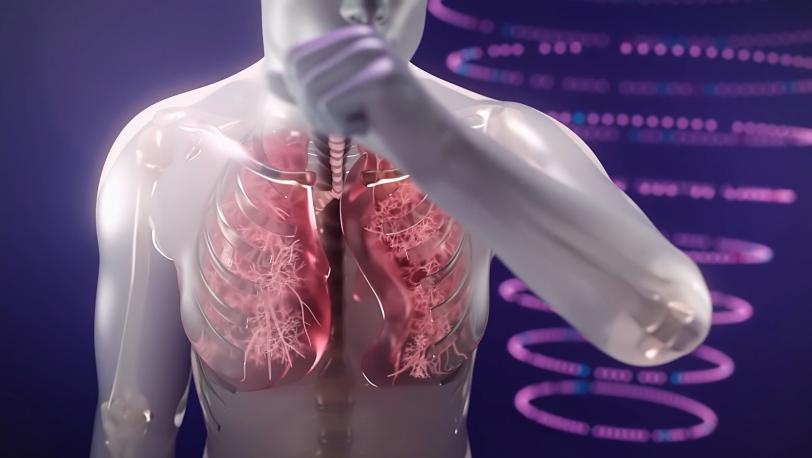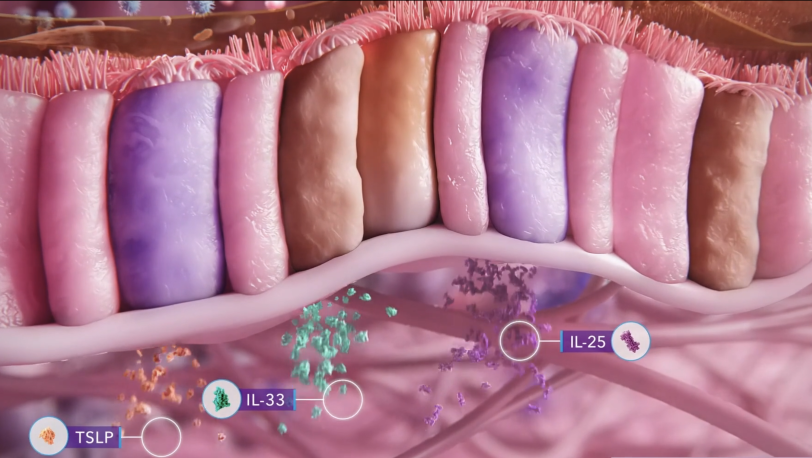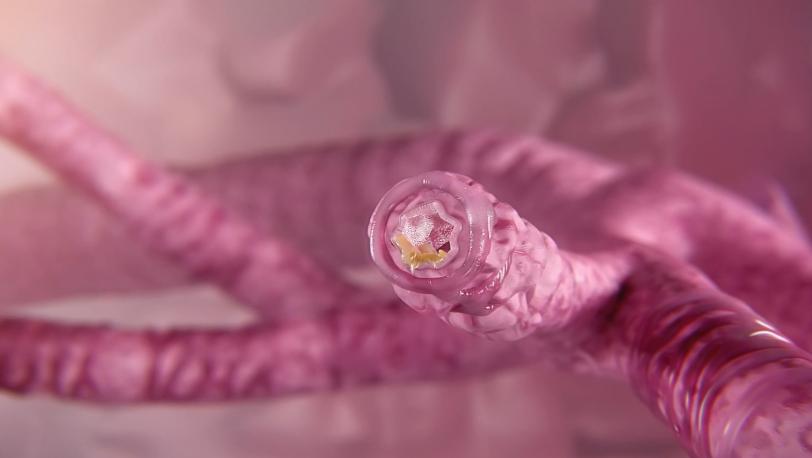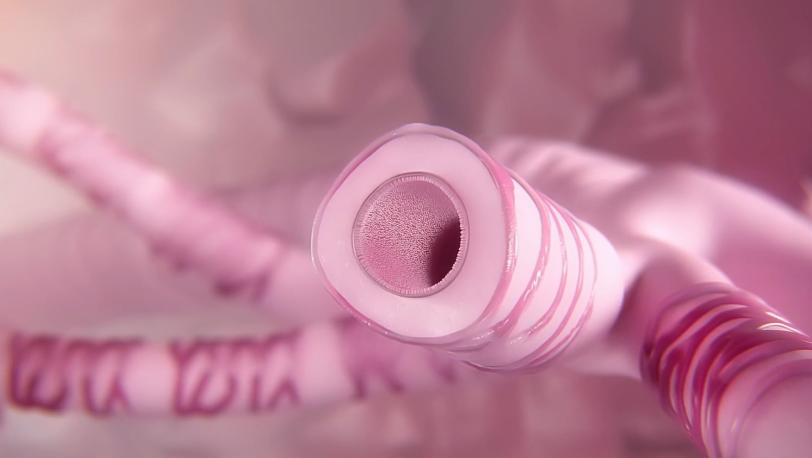Explore Resources by type
Professor of Medicine, Department of Medicine, Laval University
“In the last three decades, I’ve been involved in research in asthma and respiratory allergy, as well as in education and knowledge translation in respiratory health.”
Professor of Medicine, School of Medicine and Surgery, University of Naples Federico II
“Our team is working in the Center for Basic and Clinical Immunology Research of the University of Naples Federico II and focuses on inflammatory mediators in allergic diseases.”
Professor of Severe Asthma, Bispebjerg Hospital
“I am an expert in severe asthma, and I have a longstanding interest in the airway epithelium.”
Clinical Professor of Respiratory Medicine, University of Leicester and Glenfield Hospital
“My particular area of interest is airway diseases, in particular severe asthma, and trying to understand what are the underlying mechanisms.”
Division Chief, Pulmonary and Critical Care Medicine Division, Brigham and Women’s Hospital
“I have a longstanding interest in exploring the fascinating biology of the airway epithelium and its role in health and disease.”
Assistant Professor in Asthma, Allergy and Clinical Immunology, Department of Medicine, University of Verona
“My research interests focus on immunological and allergic diseases, in particular severe asthma and rare dysimmune conditions with hyper-eosinophilia.”
Professor in the Department of Respiratory Diseases, University of Aix-Marseille
“My particular interest is in the bronchial epithelium and its relation to allergy and environment in chronic severe bronchial diseases.”
Assistant Professor in Medicine, Université de Sherbrooke
“EpiCentral is an important platform to tackle our rapidly evolving knowledge of the airway epithelium as the epicentre of asthma.”
Associate Professor, Centre for Heart Lung Innovation, University of British Columbia
“I am currently investigating how repeated cycles of injury and repair of the airway epithelium contribute to the development of asthma.”
Professor of Pulmonary, Critical Care and Sleep Medicine, University of Washington
“My particular interests are the management of difficult-to-control asthma and the pathogenesis of airway hyperresponsiveness including exercise-induced bronchoconstriction.”
Associate Professor of Internal Medicine, Humanitas University
“My main clinical interests focus on inflammatory airway diseases, immunological mechanisms of allergic diseases, asthma, rhinitis, chronic rhinosinusitis with nasal polyps, anaphylaxis and food allergy.”
Associate Professor of Medicine, Harvard Medical School
“My primary research focus is on the causative mechanisms of AERD, severe asthma and nasal polyposis.”
Professor of Respiratory Medicine, University of Oxford
“My research focuses on identifying and validating biomarkers of eosinophilic, Type-2 airway inflammation in asthma and COPD.”
Associate Professor of Internal Medicine, University of Naples Federico II
“My research area of interest is on the pathogenesis of bronchial asthma and allergic diseases, including the roles of eosinophils, basophils, mast cells, macrophages and specific cytokines in allergic disorders.”



